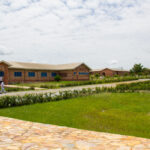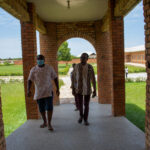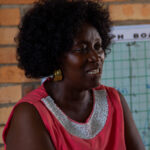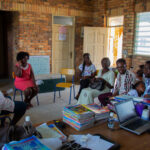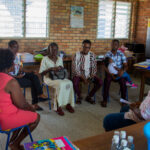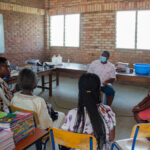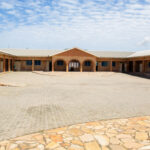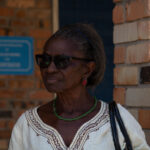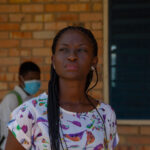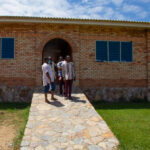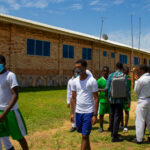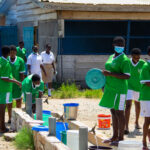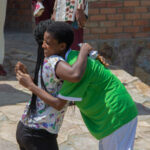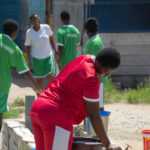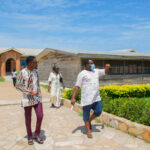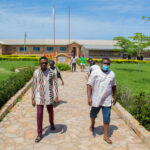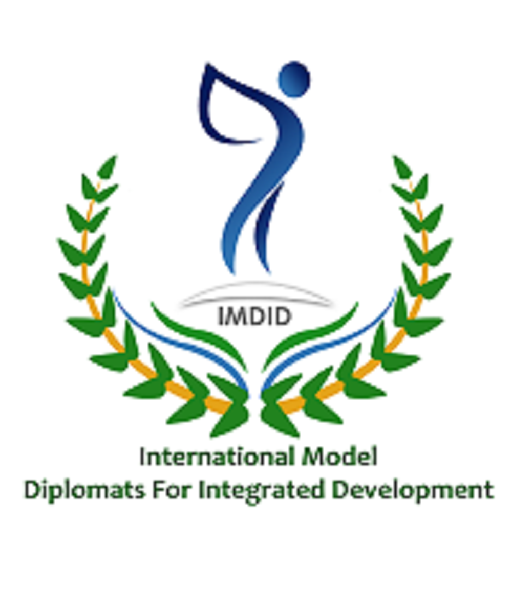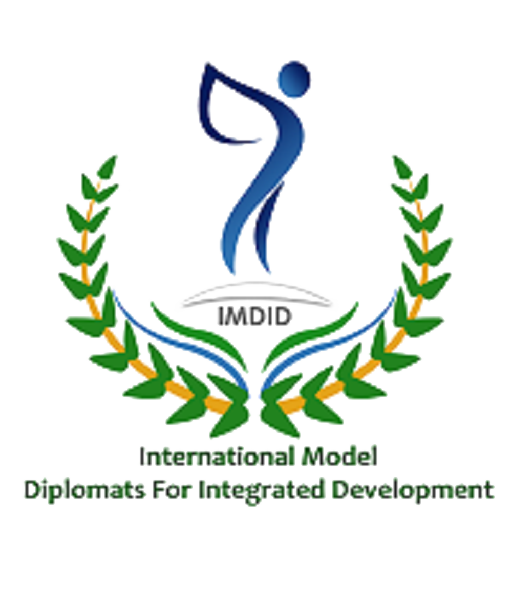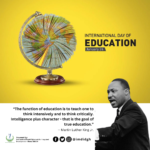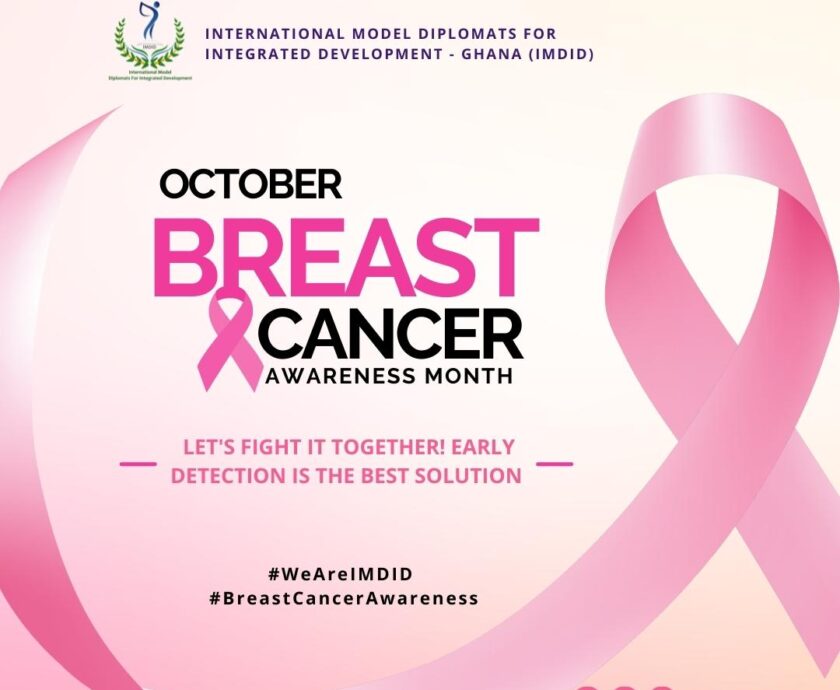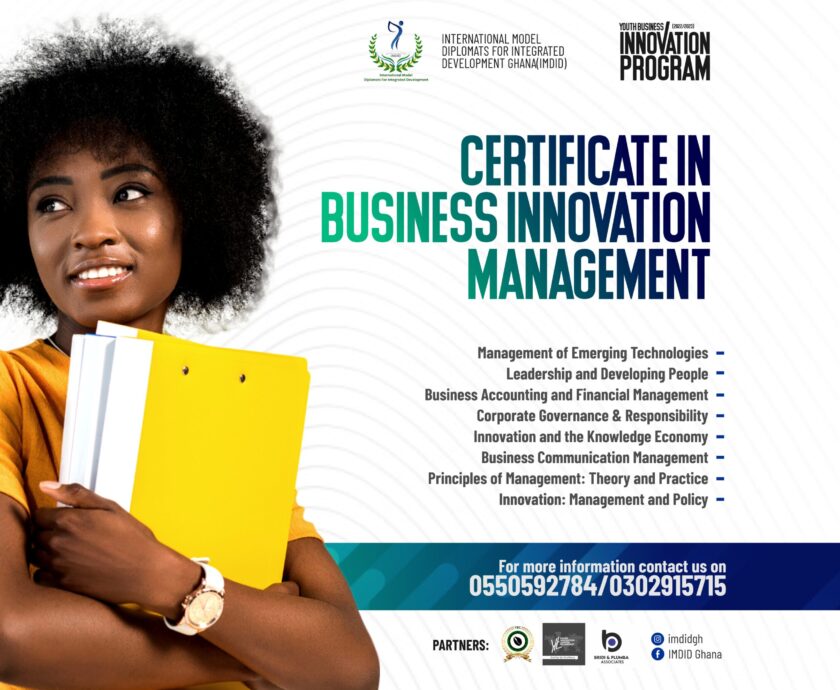Educational Projects
One out of every five youths and adolescents worldwide are not in school. Youth ages 15–17 are four times more likely to be out of school than children ages 6–11, and the number of out-of-school children in Ghana increased by 229,756 (+648.44 percent) in 2020 alone. According to estimates, approximately fifty percent of unschooled children in Africa reside in conflict zones. Globally, 130 million primary and secondary school-aged women and girls are not in school. In a study conducted with a sample of 100 countries, economic development increases by 0.3% for every 1% increase in the proportion of females who complete 12 years of education. This would result in an annual revenue increase of $15 trillion on a global scope.
In 2013, Ghana’s primary education dropout rate was 16.3%. Though Ghana’s primary education dropout rate has fluctuated significantly in recent years, it has tended to rise from 1973 to 2013, peaking at 16.3% in 2013.
As a volunteer-run nonprofit organisation with several projects geared towards the development of rural communities, we are dedicated to creating socio-economic change in Ghana’s coastal areas through education of underprivileged children. IMDID Ghana has designed six key programs to address a number of issues that present barriers to education. This includes:
- Back to School Initiative
- Project HMC (Help Mentor Children)
- Community Library Project
- The SDG Roadshow
- International Day of Education (Durbar & Campaign)
- International Day of Street Children (Durbar & Campaign)
We prioritise education for children, particularly those from birth to age 18 who are most vulnerable. Volunteers frequently work in the disciplines of child development, education, and other aspects of the education sector as part of the organisation’s global network of benefactors and partners. These liaisons collect information on childhood education practices and policies and share it with IMDID Ghana to aid in program development and promote intercultural understanding. IMDID Ghana also exists to promote Sustainable Development Goal 4 (SDG 4), which focuses on education and seeks to “ensure inclusive and equitable quality education and promote learning opportunities for all.”


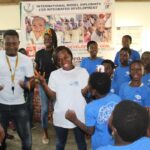
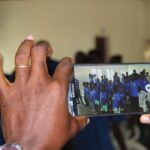
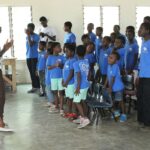
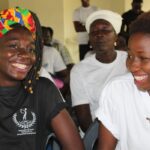
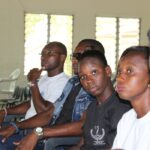
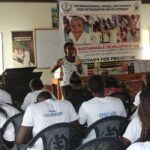
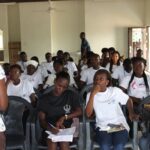
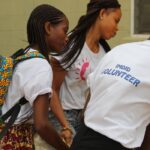
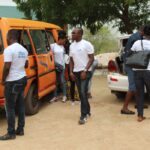

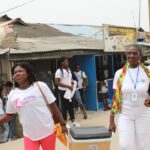

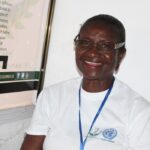
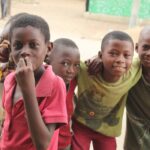
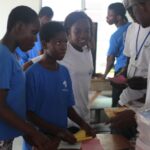
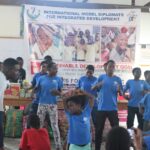

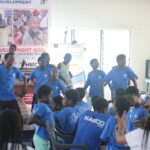
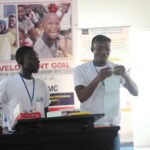
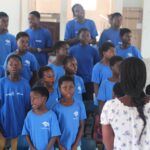
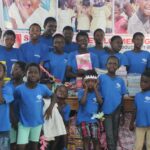
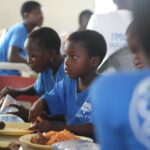
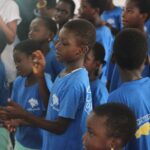

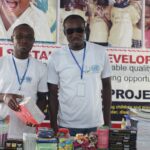

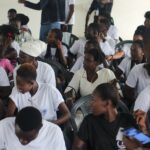
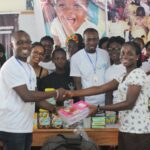
Ngleshi Amanfro Library Project Visit




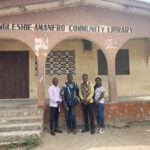
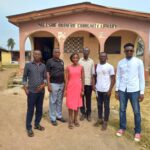
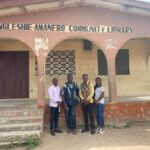
Hope College MUN Club
